Problem:
Young People For has led the development of young people who are under-invested-in for over fifteen years yet, after the 2016 election, it was faced a problem that many youth-serving organizations grappled with –a radical shift to the progressive landscape.
After the 2016 election, there was a surge in “youth-serving” organizations and programs that aimed to train, and mobile young leaders though Young People For has been leading and creating these spaces for years. History and the present have shown, new generations respond differently to institutions. This newest generation of young people (Generation Z) does not have the same loyalty or affinity to established institutions or organizations regardless of the presumed “prestige” or notoriety. The assumed value of time or impact does not manifest into interest or engagement from this new generation. They do, however, identify with their local communities, families and friend groups.
The question: In the age of social media news and pop culture politics, how do impact organizations stay true to its mission and values and continue to reach the people that we are built to serve?
One of the primary reasons impact organizations fail to remain relevant is the inability to sustain the people in which it intends serves. Young People For was no different. Historically, the organization recruited by word of mouth via it’s Alumni and nominations from partner organizations to the fellowship program, which is the entry point into the organization. However, a word of mouth structure over time recreated the elite structures that exclude the people the organization intends to serve.
STRATEGY:
A grassroots recruitment engagement strategy to center and engage the ideal Fellow.
A holistic strategy to support and authentically deposit into and partner with the local communities in which they come from.
SOLUTION:
Over two years, we traveled to over 30 states and 300 communities building relationships in aunties houses, places of worship, community colleges and community centers not to ask for anything but to deposit. We asked questions, we built relationships, and created a service they requested: trainings for free.
Holistically thinking about the impact the organization strives to make, we realized that the ideal Fellow needs the support of the community they are in. For a community to have the capacity to support, they need access to resources and information. We realized we could provide a piece of the information through trainings.
With this, we created a series of free civic engagement trainings that we now offer wherever we go to support, to build and to add value to communities rather than extracting it. This has made room for authentic partnerships, opportunities to highlight the work of communities that are often overlooked, and access to the people the organization was created to serve.
OUTCOME:
In two years, we have doubled our presence in the Fellowship, increased local partnerships by 35% and pioneered authentic engagement in all the territories. This strategy has allowed us to not only increase our impact for the short term, but to set a sustainable foundation to increase and expand impact and relevancy.

